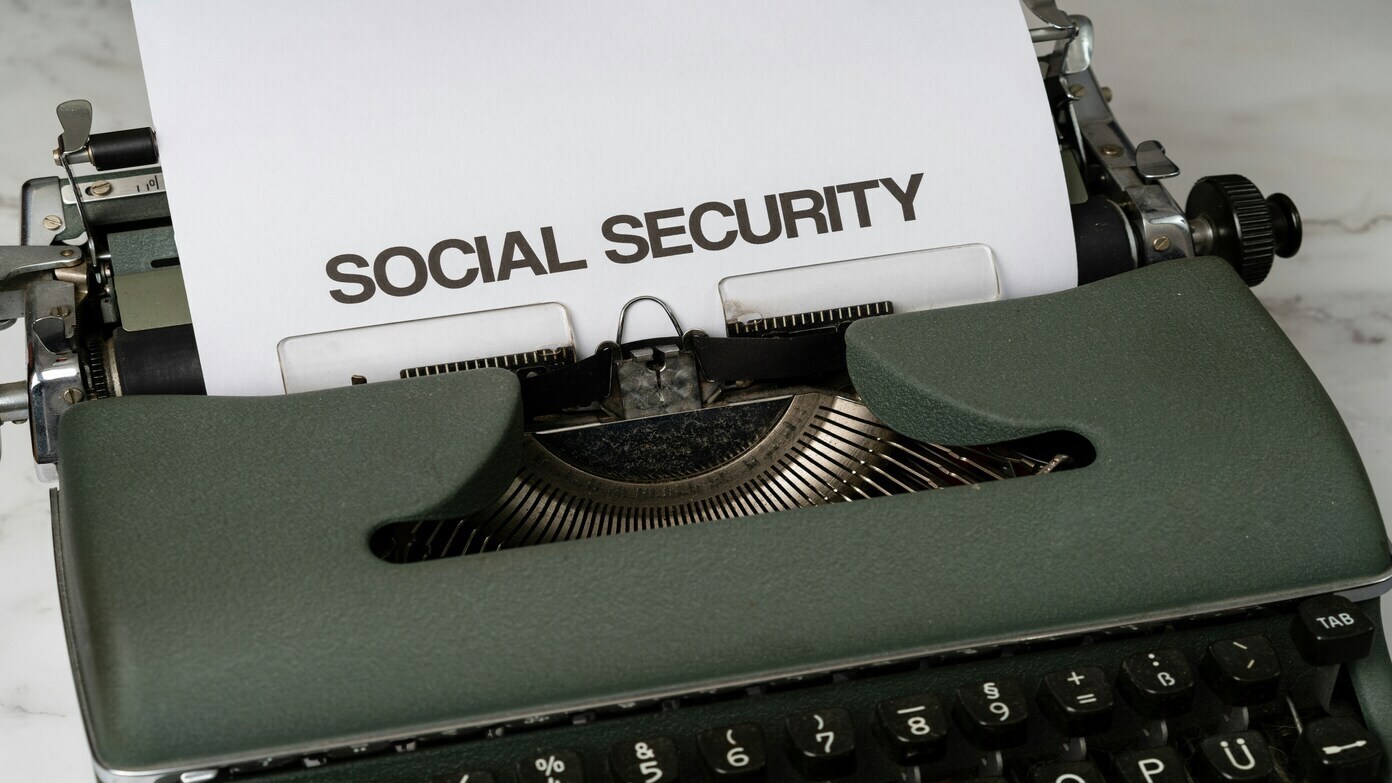Social Security keeps paper checks — For now
Good news for Social Security beneficiaries: the agency has backed off its plan to stop issuing paper checks after September 30. That means millions of retirees and people with disabilities who rely on paper checks can continue to get their payments the old-fashioned way—in the mail.
A Social Security spokesperson told CBS MoneyWatch that paper checks will still be available for those who have no other way to get their benefits. At the same time, the agency will continue promoting electronic deposits for the roughly 70 million Americans who receive Social Security, highlighting that direct deposits are faster and safer.
Why the change was planned
Back in July 14, the Social Security Administration (SSA) announced it would phase out paper checks starting in October. The reasoning made sense on paper (pun intended): electronic payments are quicker, more secure, and cheaper for the government. Paper checks cost 50 cents each, compared to just 15 cents for electronic transfers.
But while this seemed like a smart money-saving move, it didn’t consider that some Americans need paper checks.
Lawmakers step in
Enter Senator Elizabeth Warren from Massachusetts. After meeting with SSA Commissioner Frank Bisignano, Warren raised concerns about discontinuing paper checks. She pointed out that about 600,000 Americans still receive paper payments — a small group, yes, but a group that often can’t switch to electronic deposits.
Bisignano reassured her that “no one will be left behind”, and people who need paper checks will continue to receive them.
Who relies on paper checks?
Many Social Security recipients are “unbanked”, meaning they don’t have traditional bank accounts. According to Bankrate, this often happens because people feel they don’t earn enough for a bank account or worry about costs. Instead, they might use check-cashing services or digital wallets like PayPal or Venmo.
Even more, one in five households headed by someone over 65 is either unbanked or underbanked, according to AARP. Underbanked people may have a bank account but still rely heavily on alternative services to handle their money.
For these Americans, getting a paper check isn’t a choice — it’s a necessity.
Read this later:
- Can I refuse to give my Social Security number to a private business?
- The September Social Security direct payment, worth up to $1,450, will be made in 11 days – This is the date to receive your…
- Latest 2026 COLA update: cost-of-living adjustment forecast rises on inflation numbers
- What do the changes in the retirement age in 2025 mean for me
- Does Social Security offer special services to disaster victims?
- Will Social Security reduce my spouse’s benefits if I get a government pension based on my own earnings?
Focus on customer service
Senator Warren also raised concerns about SSA’s customer service, especially with recent workforce reductions. She asked for an independent audit by the agency’s inspector general to check on call wait times and whether beneficiaries can actually reach a real person when they need help.
The SSA reported improvements: average phone wait times dropped to 18 minutes in 2025, down from 30 minutes in 2024. They’ve also reduced the disability claims backlog by 25% and sped up benefit payments months ahead of schedule.
A spokesperson for the agency told CBS MoneyWatch that Commissioner Bisignano presented these improvements during his meeting with Senator Warren, and she reacted positively to the results.
What this means for beneficiaries
In short, if you’re receiving Social Security benefits by paper check, you can breathe easy. The agency is keeping that option alive while still encouraging electronic deposits for speed and convenience.
It’s a rare win for common sense and for Americans who rely on the old-fashioned method of getting their hard-earned money delivered straight to their mailbox.
So whether you like to click “deposit” or rip open an envelope, Social Security is making sure you get your money — no one gets left behind.

